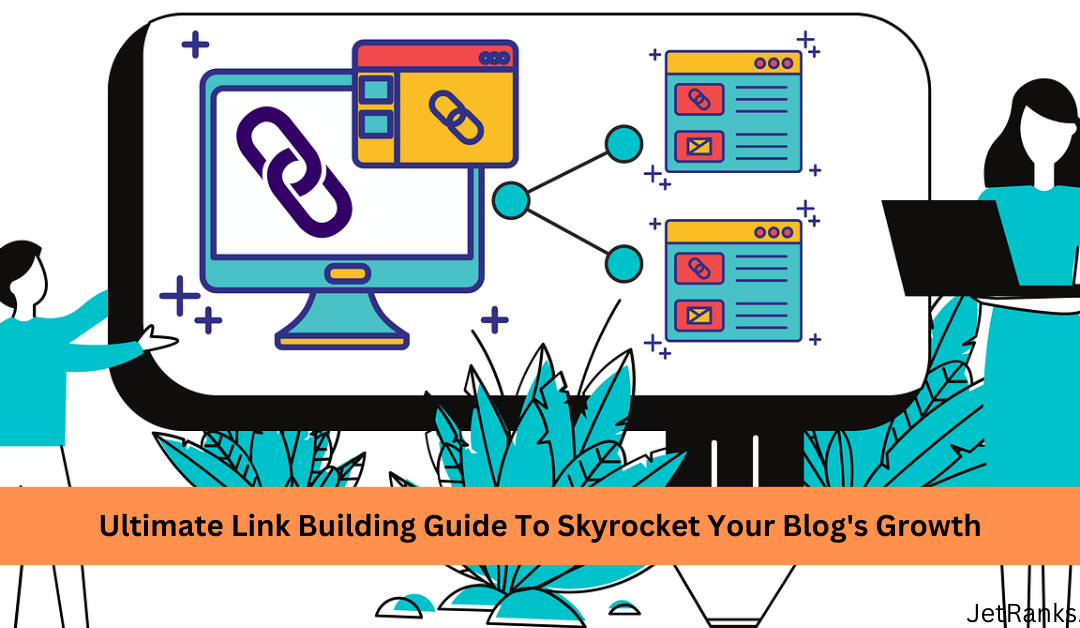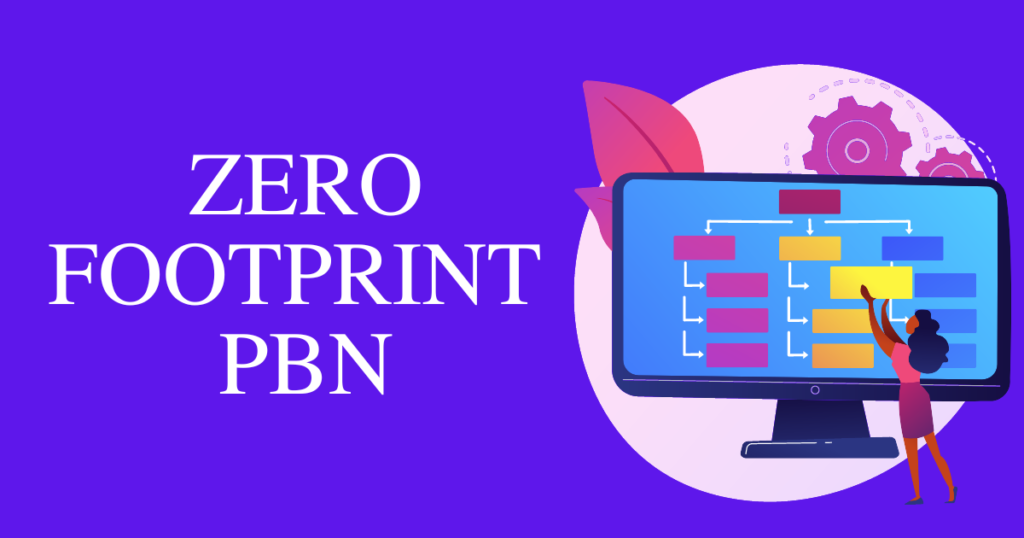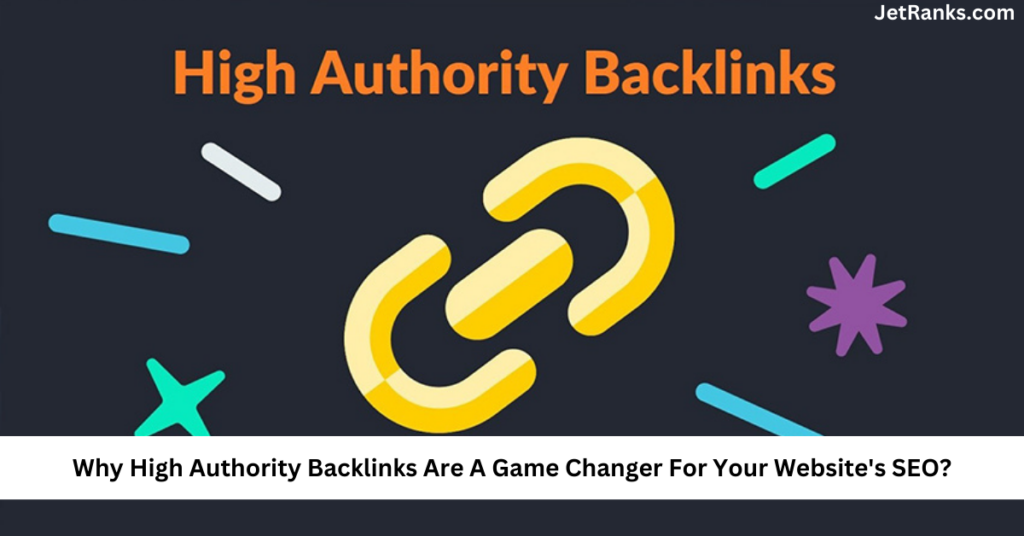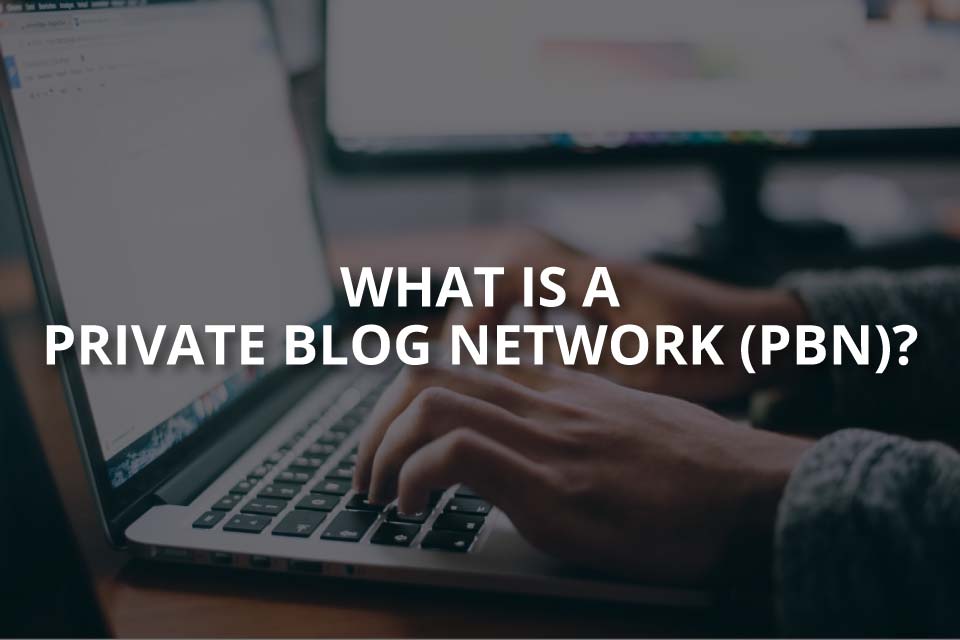Introduction:
Link building is an essential part of any blog’s growth strategy. It can help you to drive more organic traffic to your blog, improve your organic search engine ranking, and increase your blog’s visibility. In this blog, we’ll discuss link building in detail, including the benefits, strategies, types of backlinks, how to create quality backlinks, link building tools and techniques, how to track your link building progress, the importance of link building for blog growth, link building best practices, the impact of link building on SEO and Google Ranking, and more.
What Is Link Building?
Link building is creating high-quality links from other websites to your blog. These links are known as backlinks, which are important for SEO as they help Google and other search engines to understand your blog’s relevance and importance. Creating relevant backlinks can improve your blog’s visibility and rank in the search engine result pages (SERPs).
Link building is more than just getting more backlinks from other websites. It’s also about creating relationships with other websites and getting them to link to your blog. This is why creating high-quality backlinks from relevant and authoritative websites is important.
Benefits of Link Building
Link building has many benefits for your blog’s growth. Here are some of them:
- Improved Visibility: Link building helps to increase your blog’s visibility. Creating high-quality backlinks from relevant websites can improve your blog’s visibility and get more organic traffic.
- Increased Search Engine Rankings: Link building is one of the most important factors for SEO. Creating high-quality backlinks from authoritative websites can improve your blog’s ranking in the search engine result pages.
- Increased Traffic: Link building can help to increase your blog’s organic traffic. When other websites link to your blog, it can bring more visitors.
- Improved Brand Awareness: Link building can help to increase your blog’s brand awareness. When other websites link to your blog, it can help build your authority and trustworthiness in your readers’ eyes.
- Long-Term Results: Link building can provide long-term results for your blog. Once you create backlinks from other websites, they can remain active and bring you organic traffic for a long time.
Link Building Strategies
Link building is an essential part of any blog’s growth strategy. Here are some link building strategies that you can use to boost your blog’s visibility and rankings:
- Guest Posting: Guest posting is when you write an article for another blog or website and include a link to your blog in the article. This is a great way to get quality guest post backlinks from authoritative websites to your domain.
- Broken Link Building: Broken link building is when you find broken links on other websites and contact the website owner to suggest replacing the broken link with a link to your blog. This is a great way to get high-quality backlinks from relevant websites.
- Resource Page Link Building: Resource page link building is when you find resource pages on other websites and contact the website owner to suggest adding a link to your blog on the page. This is a great way to get high-quality backlinks from relevant websites.
- Skyscraper Technique: The Skyscraper Technique is when you find content on other websites similar to your content and contact the website owner to suggest replacing the content with a link to your blog. This is a great way to get high-quality backlinks from authoritative websites.
- Social Bookmarking: Social bookmarking is when you submit your blog’s content to social bookmarking sites such as Reddit, Digg, and StumbleUpon. This is a great way to get quality backlinks from relevant websites.
Types of Backlinks
There are different types of backlinks that you can create for your blog. Here are some of the most common types of backlinks:
- Natural Backlinks: Natural backlinks are when other websites link to your blog naturally, without you having to ask them. These are the best type of backlinks as search engines see them as the most authoritative and trustworthy.
- Editorial Links: Editorial links are when other websites link to you after you have written a guest post or article for them. These are seen as the most authoritative and trustworthy by search engines.
- Direct Links: Direct links are when you link directly to another website or blog from your own blog. These are seen as the most authoritative and trustworthy by search engines.
- Reciprocal Links: Reciprocal links are when two websites link to each other. These are seen as less authoritative and trustworthy by search engines.
- Paid Links: Paid links are when you pay another website to link to your blog. Search engines see these as the least authoritative and trustworthy and can be risky if not done properly.
How to Create High-Quality Backlinks?
Creating high-quality backlinks is essential for link building. Here are some tips for creating high-quality backlinks:
- Focus on Quality: The most important thing is to focus on quality when creating backlinks. Make sure to create backlinks from relevant and authoritative websites that are related to your blog’s topic.
- Do Your Research: Before creating a backlink, make sure to do your research. Check the website’s domain authority, page authority, content quality, and link profile.
- Monitor Your Links: Once you create backlinks, make sure to monitor them to ensure they are active and not being removed.
- Build Relationships: Building relationships with other website owners can help to increase your chances of getting a link.
- Avoid Spam: Spam links can hurt your blog’s visibility and rankings. Make sure to avoid creating spam links and only create high-quality backlinks from relevant and authoritative websites.
Link Building Tools and Techniques
Link building tools and techniques can make the link building process easier and more efficient. Here are some link building tools and techniques that you can use:
- Link Prospecting Tools: Link prospecting tools such as Ahrefs, BuzzSumo, and Majestic can help you to find websites to create backlinks.
- Link Building Automation Tools: Link building automation tools such as LinkMiner and Linkody can help automate the link building process.
- Link Building Software: Link building software such as LinkAssistant and Rank Tracker can help to track your link building progress.
- Link Building Services: Link building services such as Fiverr and Upwork can help to find writers to create content for your blog.
- Link Building Strategies: Link building strategies such as guest posting, broken link building, resource page link building, and the skyscraper technique can help to create high-quality backlinks from relevant websites.
How to Track Your Link Building Progress?
Tracking your link building progress is essential for understanding the effectiveness of your link building strategy. Here are some tips for tracking your link building progress:
- Monitor Your Backlinks: Make sure to monitor your backlinks to ensure they are active and not being removed.
- Monitor Your Rankings: Monitor your rankings in the search engine result pages (SERPs) to see if your link building efforts are paying off.
- Monitor Your Traffic: Monitor your organic traffic to see if your link building efforts are paying off.
- Monitor Your Link Building Tools: Monitor your link building tools to see if they are helping you to find high-quality backlinks.
- Monitor Your Competitors: Monitor your competitors to see their strategies for link building.
The Importance of Quality Backlinks In Blog Growth
Link building is an essential part of any blog’s growth strategy. Here are some reasons why link building is important for blog growth:
- Improved Visibility: Link building can increase your blog’s visibility by creating backlinks from relevant and authoritative websites.
- Increased Traffic: Link building can help to increase your blog’s organic traffic by creating backlinks from relevant and authoritative websites.
- Improved Brand Awareness: Link building can help to increase your blog’s brand awareness by creating backlinks from relevant and authoritative websites.
- Increased Search Engine Rankings: Link building can help to improve your blog’s ranking in the search engine result pages (SERPs) by creating high-quality backlinks from authoritative websites.
- Long-Term Results: Link building can provide long-term results for your blog by creating backlinks from relevant and authoritative websites.
Link Building Best Practices
Link building best practices can ensure that your link building efforts are effective and successful. Here are some link building best practices that you should follow:
- Focus on Quality: The most important thing is to focus on quality when creating backlinks. Make sure to create backlinks from relevant and authoritative websites that are related to your blog’s topic.
- Research Your Links: Before creating a backlink, make sure to do your research. Check the website’s domain authority, page authority, content quality, and link profile.
- Monitor Your Links: Once you create backlinks, make sure to monitor them to ensure they are active and not being removed.
- Build Relationships: Building relationships with other website owners can help to increase your chances of getting a link.
- Avoid Spam: Spam links can hurt your blog’s visibility and rankings. Make sure to avoid creating spam links and only create high-quality backlinks from relevant and authoritative websites.
The Impact of Link Building on SEO and Google Ranking
Link building is an important factor for SEO and Google ranking. Here are some ways that link building can impact your blog’s SEO and Google ranking:
- Improved Visibility: Link building can increase your blog’s visibility by creating backlinks from relevant and authoritative websites.
- Increased Search Engine Rankings: Link building can help to maintain your site’s SERP success by creating high-quality backlinks from authoritative websites.
- Improved Brand Awareness: Link building can help to increase your blog’s brand awareness by creating backlinks from relevant and authoritative websites.
- Increased Organic Traffic: Link building can help to increase your blog’s organic traffic by creating backlinks from relevant and authoritative websites.
- Improved Quality of Content: Link building can help improve your content quality by creating backlinks from relevant and authoritative websites.
Conclusion
Link building is an essential part of any blog’s growth strategy. It can help you to drive more organic traffic to your blog, improve organic search engine ranking, and increase your blog’s visibility. In this blog, we discussed link building in detail, including the benefits, strategies, types of backlinks, how to create high-quality backlinks, link building tools and techniques, how to track your link building progress, the importance of link building for blog growth, link building best practices, the impact of link building on SEO and Google Ranking, and more.
If you want to unlock the power of link building to skyrocket your blog’s growth, make sure to follow the tips and best practices outlined in this blog. With the right link building strategy, you can drive more organic traffic to your blog, improve your organic search engine ranking, and increase your blog’s visibility. So what are you waiting for? Start building high-quality backlinks and watch your blog’s growth skyrocket!









